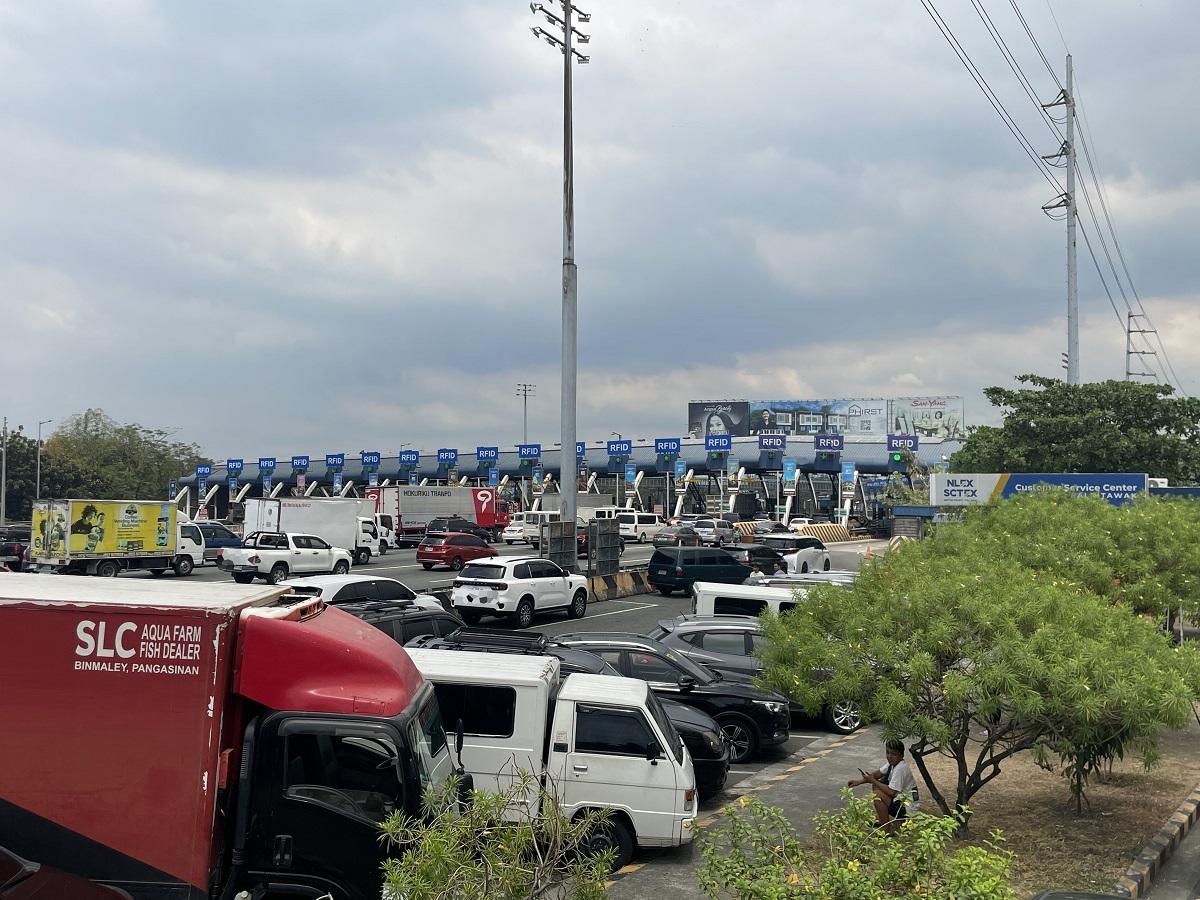Manny Pangilinan wants ‘barrierless’ tollways

Business tycoon Manuel Pangilinan, who leads Metro Pacific Tollways Corp. (MPTC), on Monday said the firm is now looking at removing barriers in its tollways by 2025, in a bid to remove the need for queues and to decongest bottlenecks.
Pangilinan said bulk or 84% of vehicle entries in MPTC tollways already have radio frequency identification (RFID) devices but despite this still need to queue when entering and exiting, which could be removed should the barriers be removed.
“The whole point is we wanted it barrierless. We wanted to take them down as soon as possible,” he said in an interview on the sidelines of an event in Bonifacio Global City in Taguig.
“We’ll facilitate the entry and exit of our customers and decongest the tollways because you don’t have to queue up. Even on RFIDs you have to queue up ‘di ba (right)? But if there’s no obstruction because there's no barriers, you can proceed straight like they do in Hong Kong. It’s so convenient for the motorists,” he added.
MPTC is the operator of the North Luzon Expressway (NLEX), the Subic-Clark-Tarlac Expressway (SCTEX), the Manila-Cavite Toll Expressway (CAVITEX), the Cavite-Laguna Expressway (CALAX), and the Cebu-Cordova Link Expressway (CCLEX), and the NLEX Connector.
Pangilinan noted, however, that the company will have to increase the adoption of RFIDs, as this will mean that such vehicles are also registered with the company’s database and have an address as to where bills could be sent should they enter tollways without the sufficient load balance.
“In the event there’s inadequate load sa (on the) RFID or no load, then we should have the ability to send you the bill for the amount you owe us,” he said.
While 84% of vehicles that use MPTC roads already have RFIDs, the remaining 16% still transact using cash, and are not registered with the firm, making them difficult to track for billing concerns.
“If 84% vehicle entries are RFIDs, because they’re postpaid, then we’re able to send them the bill without having to rely too much on LTO (Land Transportation Office) and eventually, if we move it up to more than 90% of our vehicles are on RFID, then we know who you are already,” he said.
“So sabi ko (I said) then we can institute the barrierless system sooner than expected if we have our own database,” he added.
Moving forward, Pangilinan said MPTC will still have to discuss with its supplier EGIS which is helping in the development of the barrierless system.
“But if we have the native data within us, then I think hopefully by next year we should be able to implement that, at least in some parts of our tollways that will have no barriers,” he said. —RF, GMA Integrated News




